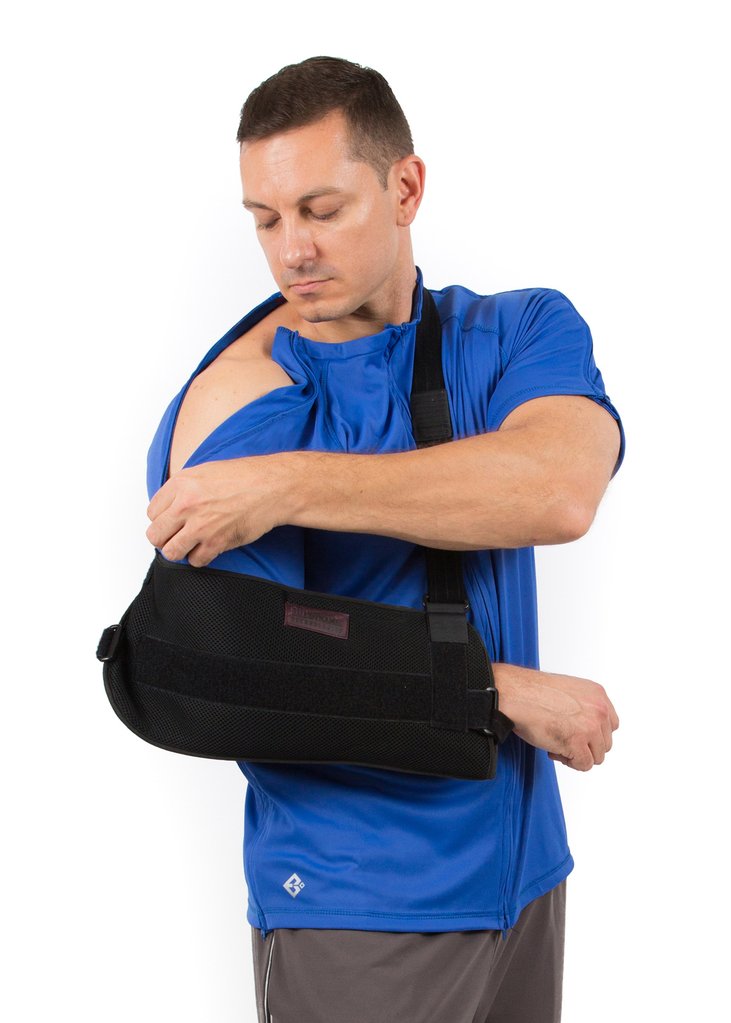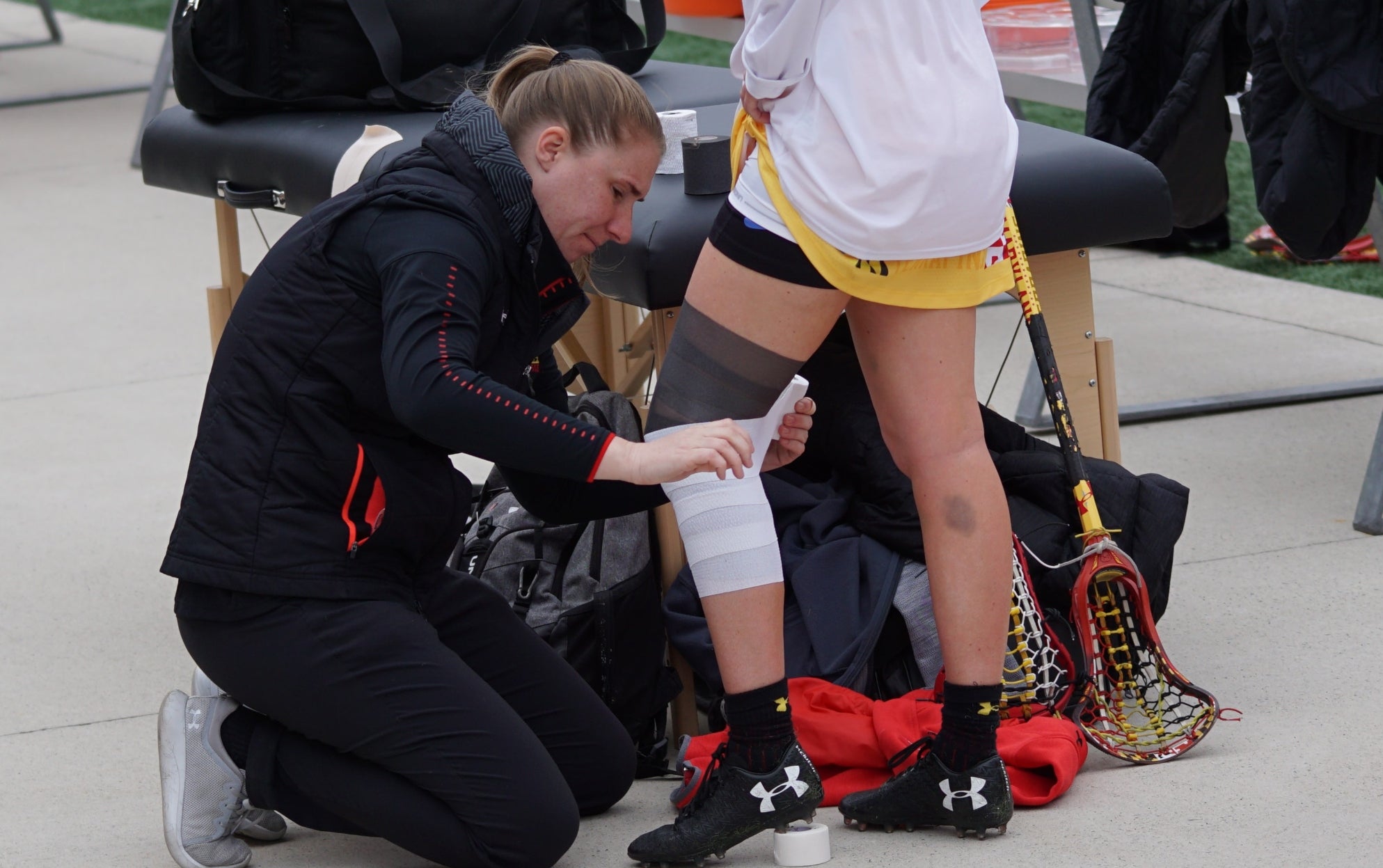PCL tear symptoms can be very subtle and go unnoticed for some time. Many people don't realize they have a PCL tear until they experience significant pain or instability in the knee. Suppose you are experiencing any of the following symptoms. In that case, it's essential to see a doctor immediately: swelling, instability, pain, difficulty walking or running, and popping or clicking noises in the knee. This blog post will discuss PCL tear symptoms in detail to ensure you know what to look out for!
PCL Tear Swelling
You may experience swelling in the affected area if you have suffered a PCL tear. This is due to the inflammation of the tissue surrounding the PCL. Swelling can also cause pain and stiffness in the joint. In some cases, the PCL tear may cause the knee to give way. If this happens, it is essential to seek medical attention as soon as possible. PCL tears can be treated with surgery or physical therapy. If you have suffered a PCL tear, it is essential to rest the knee and avoid activities that will aggravate the condition.
You should also ice the affected area to reduce swelling. Physical therapy can help strengthen the muscles around the PCL and improve the range of motion. Surgery is usually only necessary if the PCL tear is severe. If you or anyone you know is undergoing or considering surgery, it is vital to invest in surgery clothes. Reboundwear has a great collection of post surgical clothing that is comfortable and accessible enough to make the surgery process easier and aid recovery. You can check out Reboundwear's collection of post surgery tearaway pants for men and women, which are equipped with necessary zips and openings to make it easy to access your knee!
If you think you may have suffered a PCL tear, it is crucial to see a doctor as soon as possible. Early diagnosis and treatment can help prevent further damage to the PCL and other structures in the knee.
PCL Sprain Symptoms
A PCL sprain is a tear or injury to the PCL, a ligament that connects the thighbone to the shinbone. This can cause several symptoms, which may vary in intensity depending on the severity of the injury. Symptoms of a PCL sprain may include pain and swelling in the knee, instability in the joint, and difficulty bearing weight on the affected leg. Treatment for a PCL sprain typically includes rest, ice, compression, and elevation. To prevent further damage to the ligament and ensure easy access to the knee, it can be a good idea to invest in medical tear away pants equipped with zippers providing easy access to the waist, hips, upper and lower leg. There is no need to fully undress for physical therapy treatments, icing, and doctor examinations. Such pants can make changing a stress and pain free process. You can check out Reboundwear's collection of pants for both men and women to help you during your PCL injury!
Torn PCL Symptoms
Torn PCL symptoms can vary depending on the severity of the injury. A torn PCL is caused by a force that overstretches or tears the ligament. This can happen due to a fall, a direct blow to the knee, or a sudden change in direction. Symptoms of a torn PCL may include pain and swelling in the knee, instability in the joint, and difficulty bearing weight on the affected leg. In some cases, a torn PCL can also cause the knee to lock up.
Types of PCL Injury
There are three types of PCL injury: isolated, combined, and complex.
Isolated PCL injuries occur when only the posterior cruciate ligament is injured. This type of injury is usually caused by a direct blow to the knee or a fall onto the knee. Combined PCL injuries occur when both the posterior cruciate ligament and another knee ligament are injured. A violent twisting knee motion usually causes this type of injury. Complex PCL injuries occur when the posterior cruciate ligament, one or more other knee ligaments, and other structures in the knee are injured. This type of injury is usually caused by a fall onto the knee from a high height or a car accident.
PCL injuries can range from mild to severe. Mild PCL injuries may only cause pain and swelling in the knee. Severe PCL injuries may cause the knee to give out, making walking difficult. If you have any of these symptoms, you should see a doctor right away.
Conclusion
If you’re experiencing any of the symptoms listed above, you must see a doctor immediately. A PCL tear can be a severe injury and, if left untreated, can lead to long-term problems. Early diagnosis and treatment are vital in getting back on your feet as quickly as possible.







Leave a comment
All comments are moderated before being published.
This site is protected by hCaptcha and the hCaptcha Privacy Policy and Terms of Service apply.